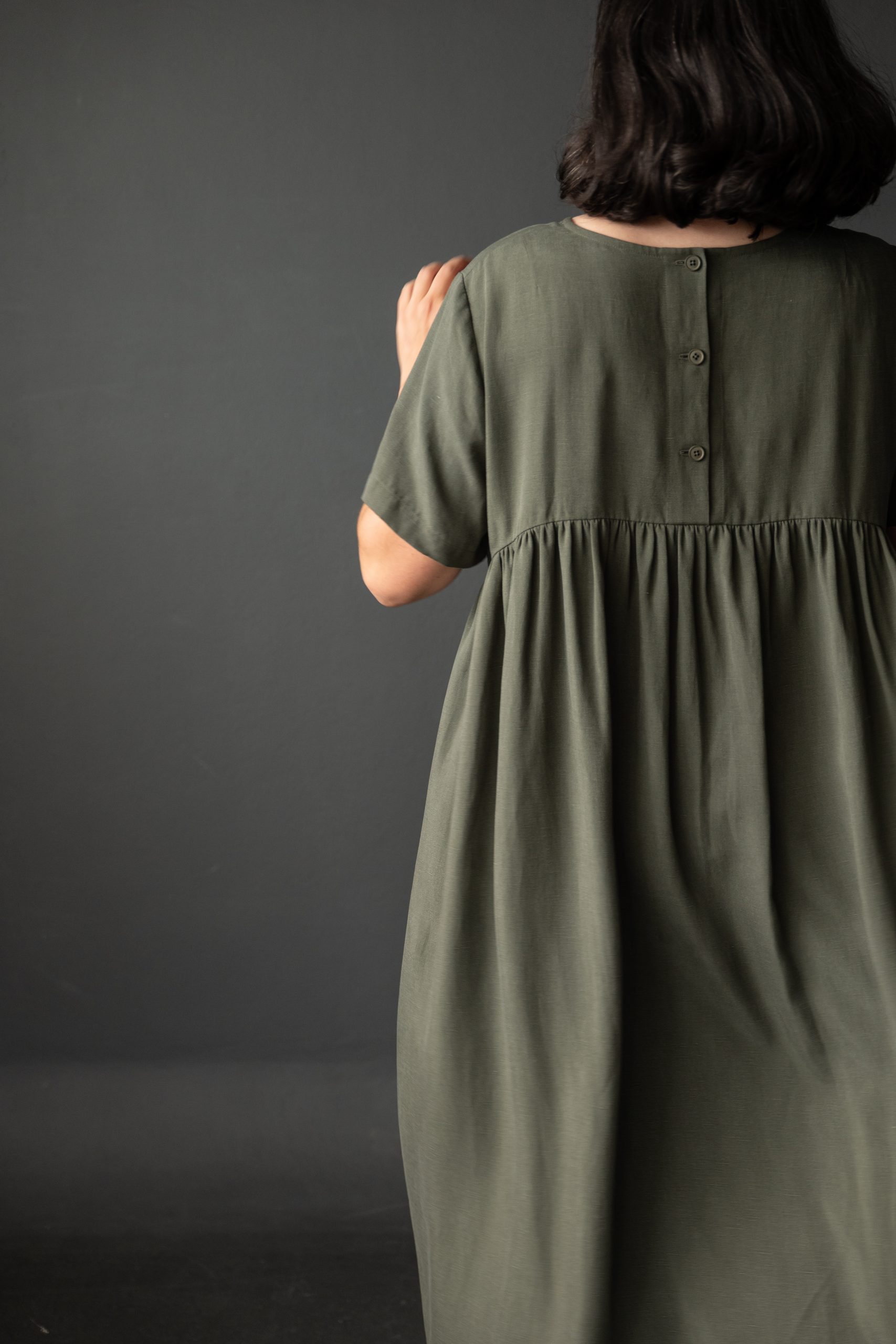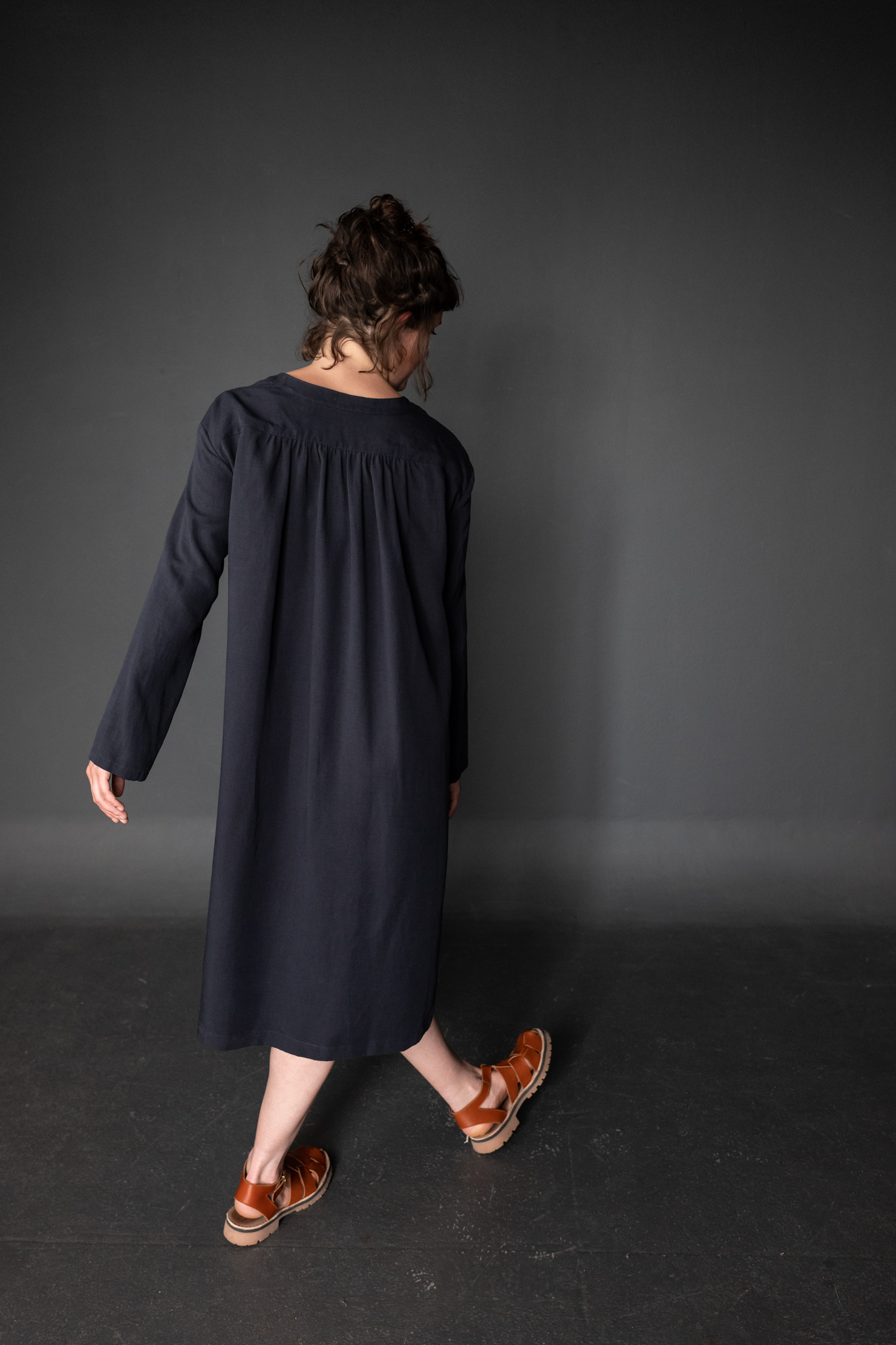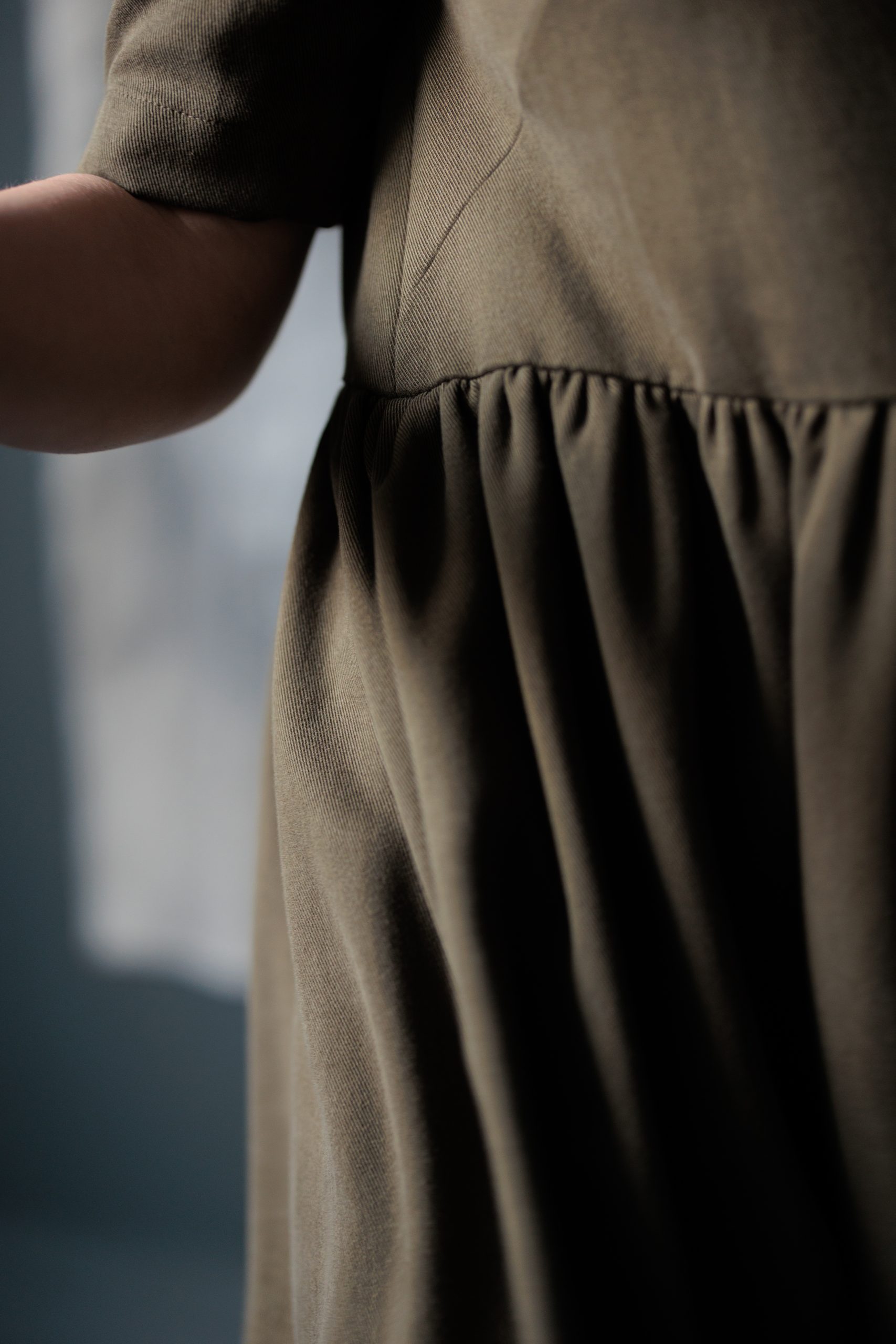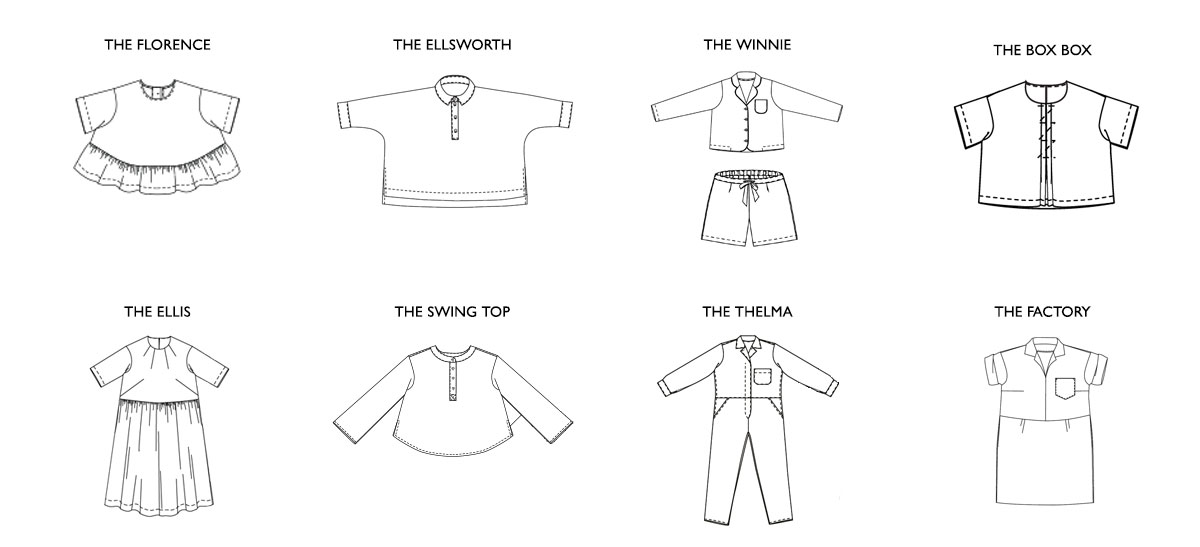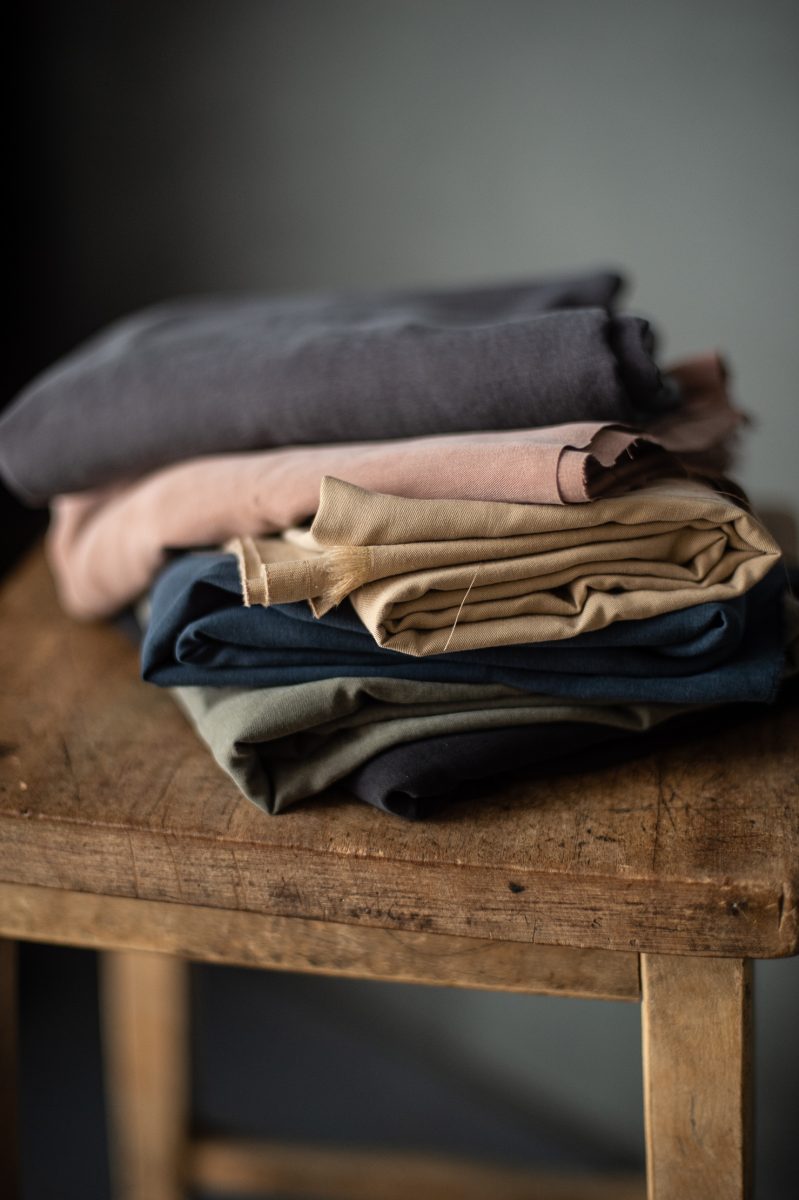
.jpg)
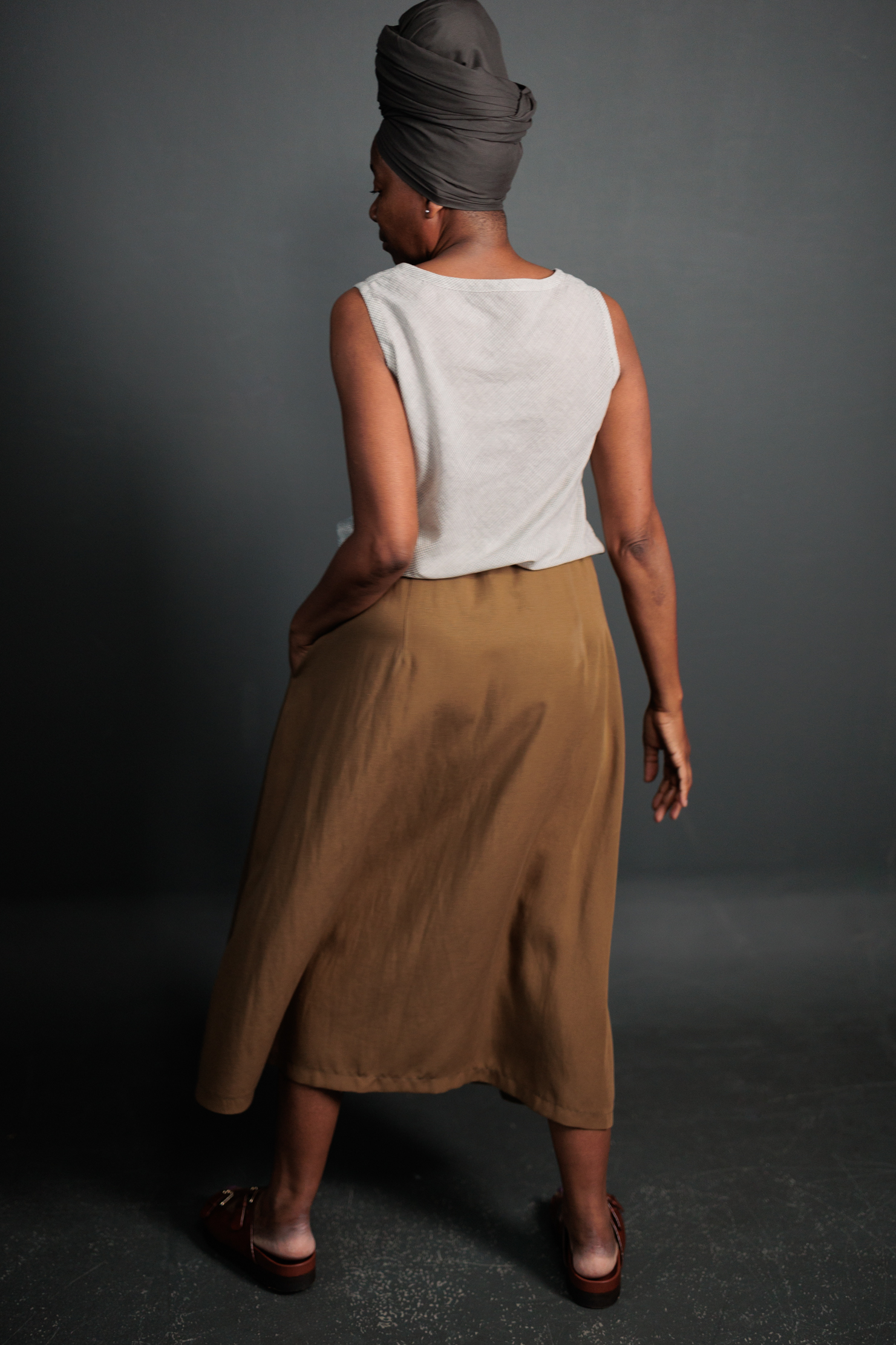
The Cloth
Tencel has the silkiest drape and handle, comes in all the colours you could ask for and is suitable for use wherever cotton or linen are recommended. In our view, it is up there with the best eco fabrics currently being produced. We currently three Tencel ranges: our Tencel Twill, Tencel/Linen blend, and heavy Tencel Twill.
Production & Certification
Our Tencel is produced in Turkey, and is Oeko-Tex certified. Our Tencel supplier has an internal water purifying system and is a main investor in their local water plant.
Tencel is a cellulose fibre, which like rayon is made by dissolving wood pulp. Wood chips (sourced from certified and controlled sources of eucalyptus) are mixed with a solvent to produce a wet mix which is pushed through tiny holes to form fibre threads. The lengths of fibre are spun into yarn which are then woven into cloth. Manufacturing Tencel requires less energy and water than cotton. The solvents used to turn the wood pulp into fibre are contained in a closed loop system which means they are repeatedly re-used, with a quoted recovery rate of 99%. As a naturally derived fibre, Tencel is also biodegradable.
Although it is dyed conventionally (which can be harmful to the environment), Tencel requires a lot less dye than cotton. The manufacturers are actively striving towards greener, cleaner and more efficient production and are currently investing in new, renewable energy sources.
.jpg)
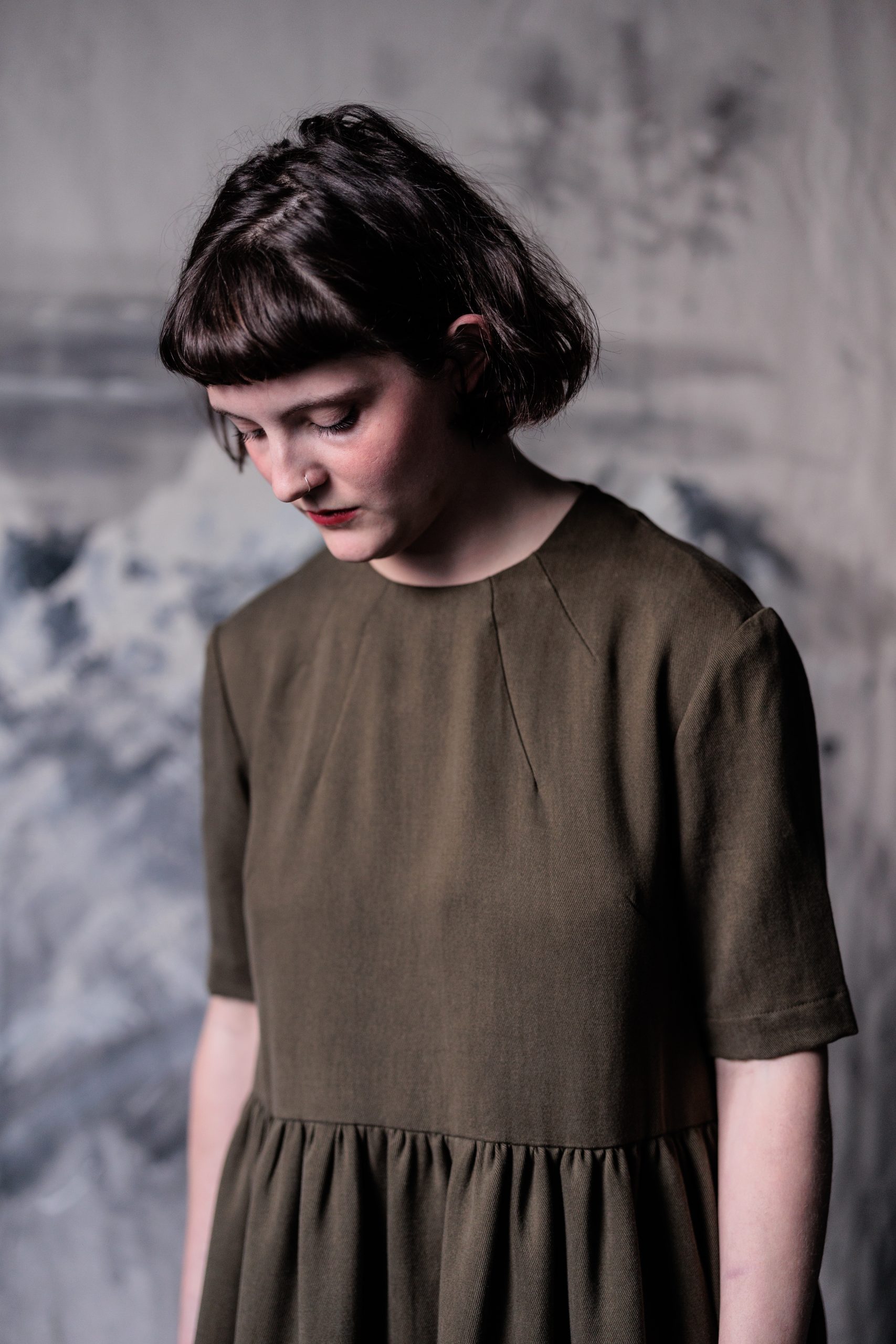
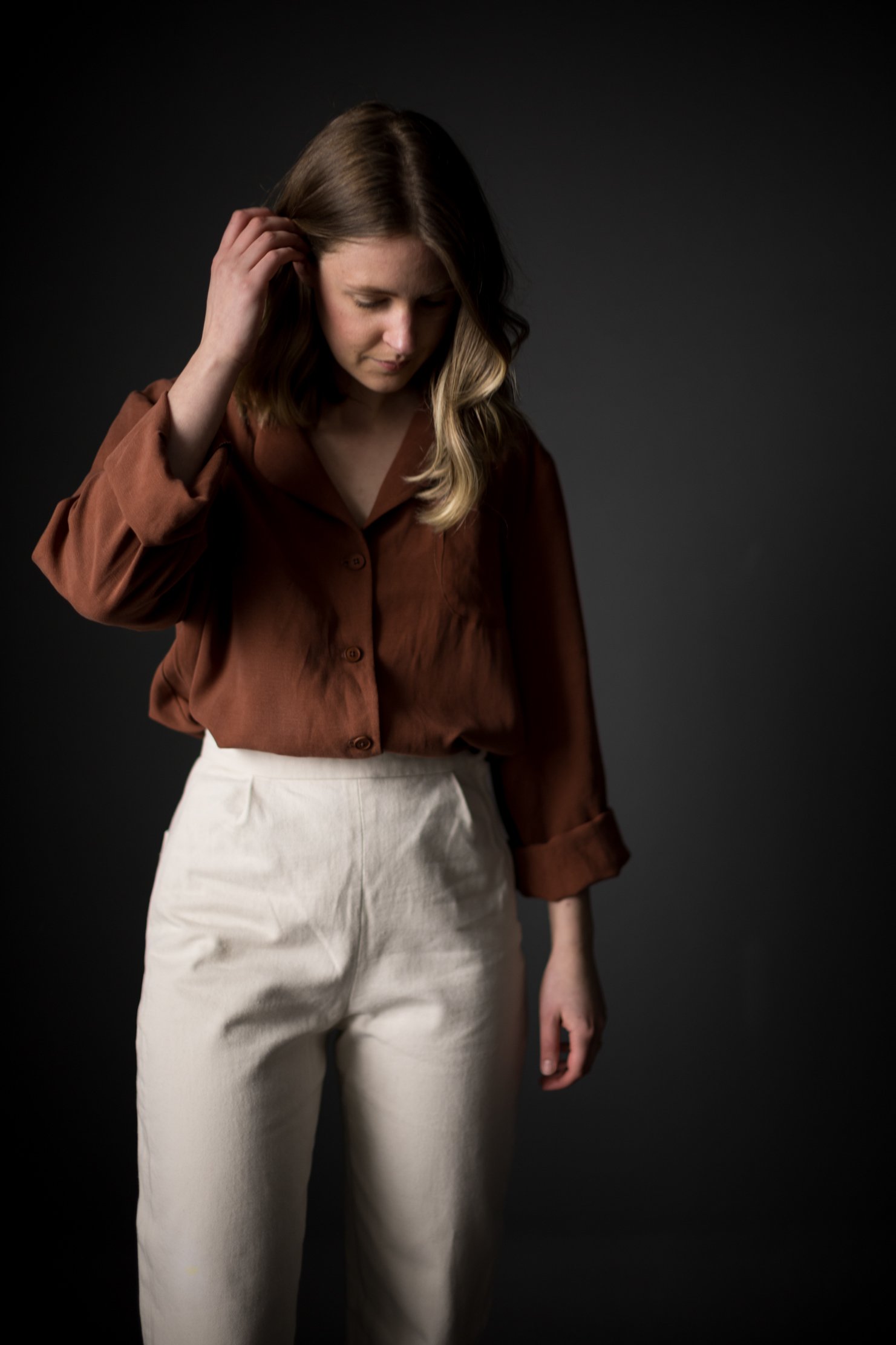
Suitable Patterns
How to sew tencel
- In many ways, Tencel behaves similarly to linen. As the cloth tends to move around easily, it’s important to cut the fabric with very sharp scissors and use pattern weights to secure the cloth in place.
- It is helpful to staystitch areas such as necklines and armholes. When sewing around curves, we often also mark our seam allowance on the curved pattern pieces to help honour the seam allowance accurately.
- We also recommend running a line of machine stitching along your garment at the ‘finished hem’ line. You will then be able to press up the seam allowance neatly as your fabric will naturally fold along the stitched line.
- As Tencel can be a slippery fabric to work with, it can be wise to hand baste to secure your pattern pieces in place initially.
- Finally, it is very important to press your seams as you sew with Tencel.
Fabric Care
HOW TO PRE-WASH TENCEL
Before pre-washing Tencel cloth, submerge the fabric fully in water before putting it in the washing machine to avoid any marks appearing on the cloth.Then, wash in cool water with non-bio detergent on a delicate cycle and gentle spin.
HOW TO WASH TENCEL
We advise that you then wash your finished garment with the same setting you used when pre-washing (cool water with a non-bio detergent on a delicate cycle and gentle spin), and wash the garment inside out.
HOW TO DRY TENCEL
Do not tumble dry. Shake out and dry flat. Do not hang or dry in direct sunlight as this can bleach the fabric. Iron on a low heat with a press cloth if needed.
